Bottled Water Machine Prices in Nigeria: A Comprehensive Guide
The bottled water industry in Nigeria has seen significant growth over the years, driven by increasing demand for clean and safe drinking water. For entrepreneurs looking to enter this lucrative market, investing in a bottled water machine is a crucial step. The price of these machines in Nigeria varies based on factors such as capacity, features, and brand. In this article, we’ll provide an overview of bottled water machine prices in Nigeria, the different types available, and key considerations when making a purchase.
Factors Influencing Bottled Water Machine Prices in Nigeria
Several factors determine the cost of bottled water machines in Nigeria:
1. Type of Machine
- Automatic vs. Semi-Automatic: Fully automatic machines are generally more expensive due to their higher efficiency and advanced features, such as automated bottle filling, capping, and labeling. Semi-automatic machines, which require some manual intervention, are more affordable.
- Production Capacity: Machines with higher production capacities, capable of filling more bottles per hour, tend to cost more. The capacity needed depends on the scale of the business.
2. Features and Technology
- Filtration Systems: Machines equipped with advanced filtration and purification systems, such as reverse osmosis (RO) and ultraviolet (UV) sterilization, command higher prices.
- Packaging Capabilities: Machines that offer integrated packaging solutions, such as labeling, capping, and shrink wrapping, are priced higher due to the added convenience and automation.
3. Brand and Origin
- Brand Reputation: Established brands with a reputation for quality and durability tend to have higher prices. Popular brands in the Nigerian market include Aseptic, Npack, and Meantech.
- Country of Manufacture: Machines imported from countries like China, Germany, and Italy may differ in price due to shipping costs, import duties, and brand reputation.
Price Range of Bottled Water Machines in Nigeria
Here’s a general overview of the price range for different types of bottled water machines in Nigeria:
1. Small-Scale Machines
- Price Range: ₦1.5 million – ₦5 million
- Overview: These machines are suitable for small businesses or startups with lower production needs. They typically offer basic features, such as bottle washing, filling, and capping, and have a capacity of around 500-1000 bottles per hour.
2. Medium-Scale Machines
- Price Range: ₦5 million – ₦15 million
- Overview: Medium-scale machines are designed for businesses with moderate production requirements. They offer more automation, such as integrated labeling and packaging, and can produce 2000-5000 bottles per hour.
3. Large-Scale Machines
- Price Range: ₦15 million – ₦50 million+
- Overview: These machines are ideal for large-scale bottled water production. They offer high production capacities, advanced filtration systems, and fully automated operations, capable of producing over 10,000 bottles per hour.
Key Considerations When Purchasing a Bottled Water Machine
1. Production Needs
- Assess Capacity: Determine the production capacity you need based on your target market and business goals. Avoid overinvesting in a machine that exceeds your needs, as this can lead to unnecessary costs.
2. Quality and Durability
- Long-Term Investment: Consider the machine’s durability and the quality of its components. Investing in a high-quality machine might have a higher upfront cost but will save you money on maintenance and repairs in the long run.
3. Supplier and Warranty
- Reputable Suppliers: Purchase from reputable suppliers or manufacturers who offer warranties and after-sales support. This ensures that you have access to technical support and replacement parts if needed.
4. Regulatory Compliance
- Health and Safety Standards: Ensure the machine complies with Nigeria’s health and safety regulations for bottled water production. This includes proper filtration, sterilization, and packaging processes.
Conclusion
Investing in a bottled water machine in Nigeria is a significant decision that requires careful consideration of factors such as production capacity, features, and budget. Whether you’re a small startup or a large-scale operation, there are options available to meet your specific needs. By choosing the right machine, you can ensure efficient production, high-quality output, and a successful bottled water business.
At Wigmore Trading, we offer a range of bottled water machines and other equipment to help you set up and grow your business.
Get in Touch:
Ready to invest in a bottled water machine? Contact Wigmore Trading today to explore our selection and find the perfect machine for your needs. Visit our website, email, or call us for more information.


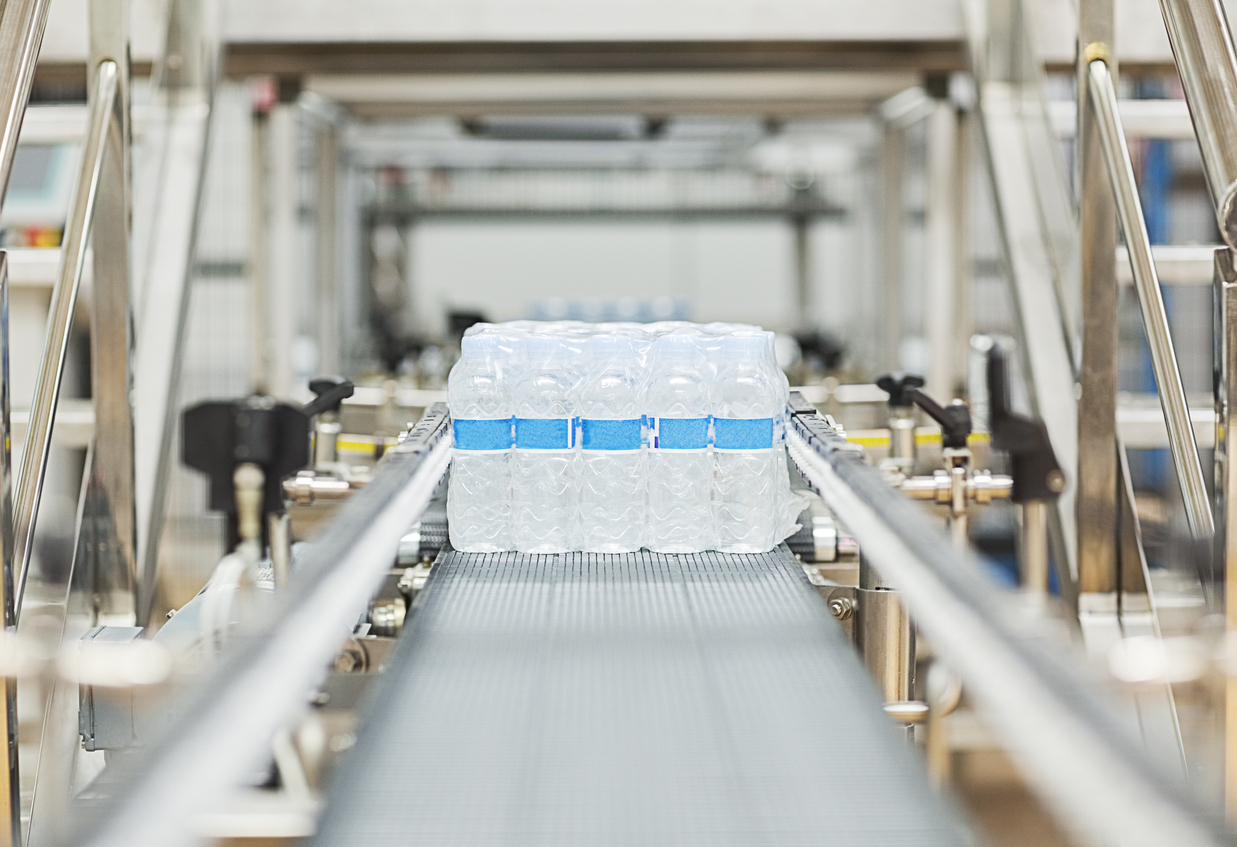
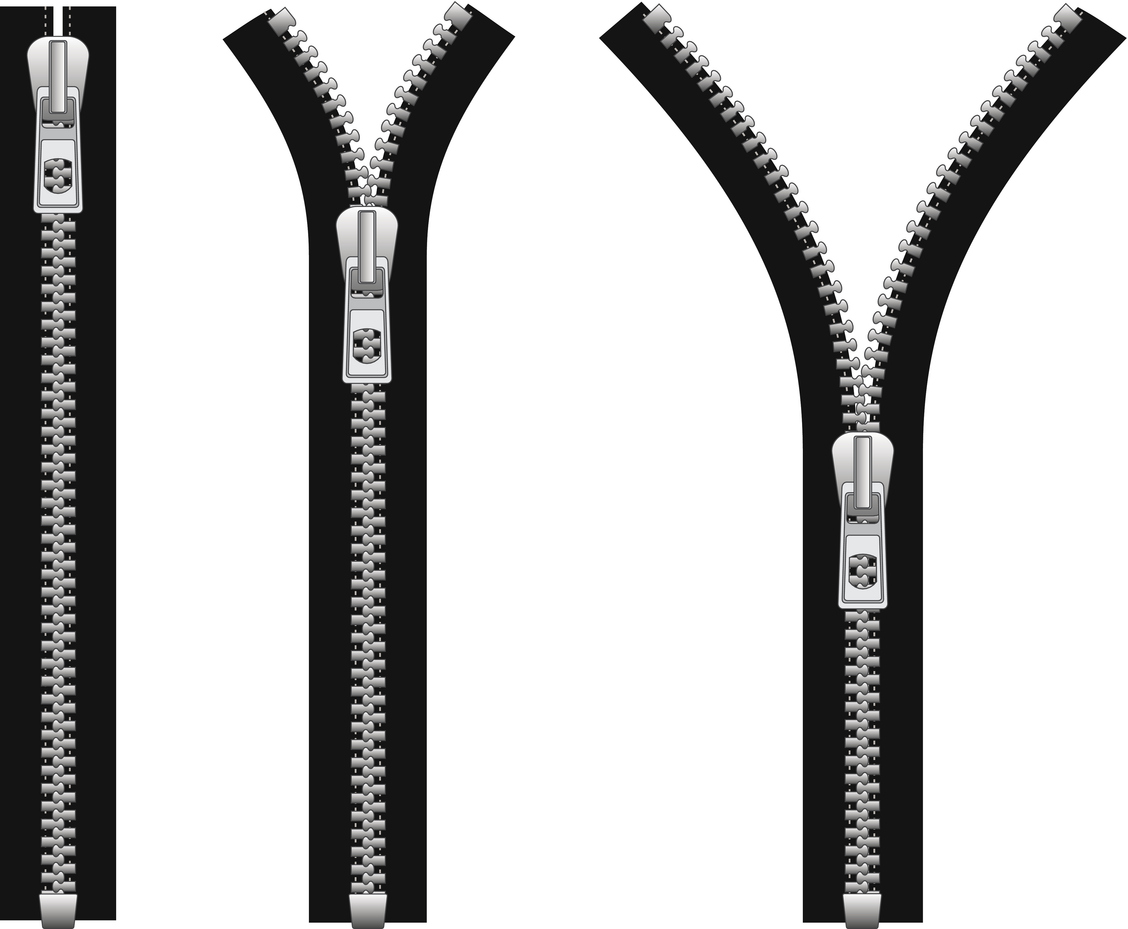
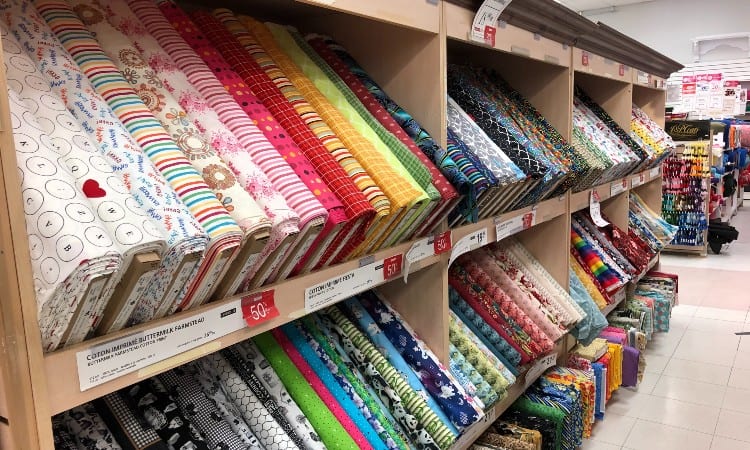

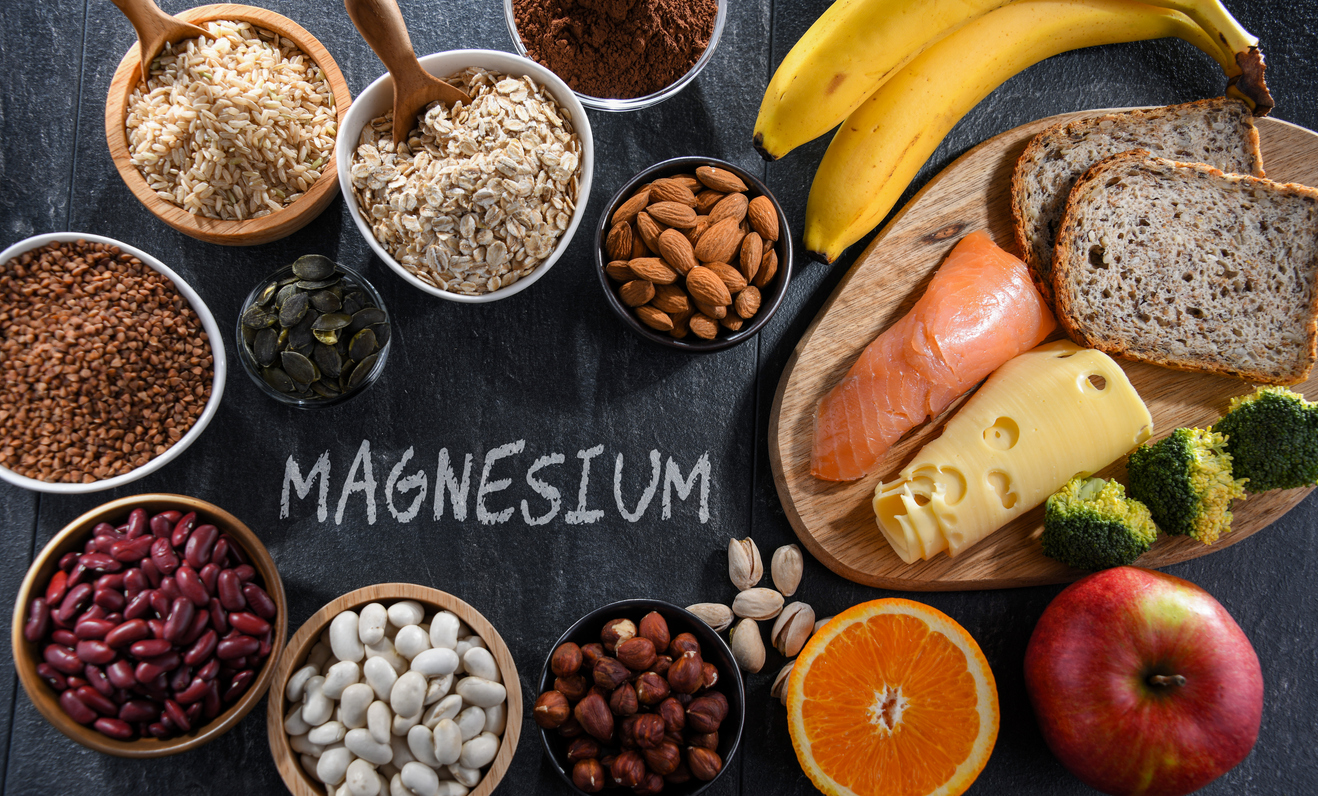
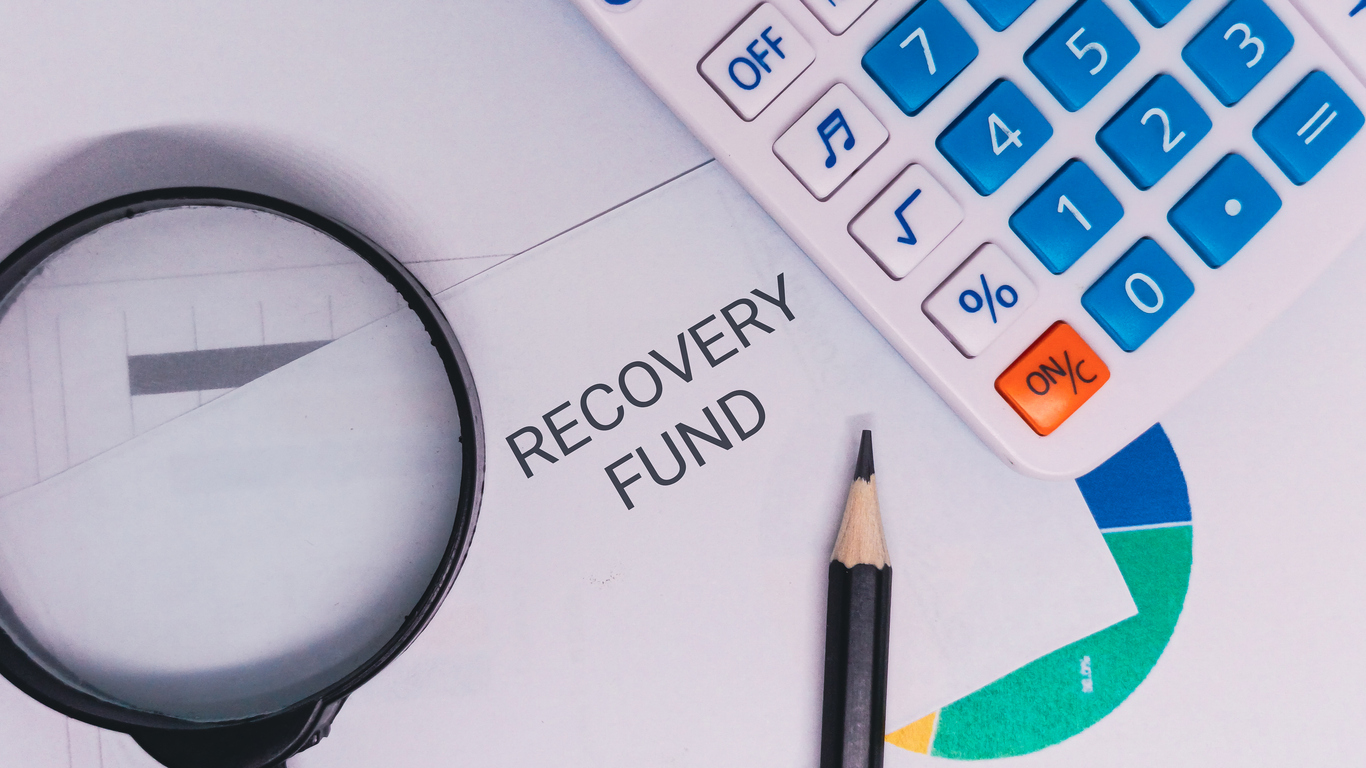
Comments are closed.